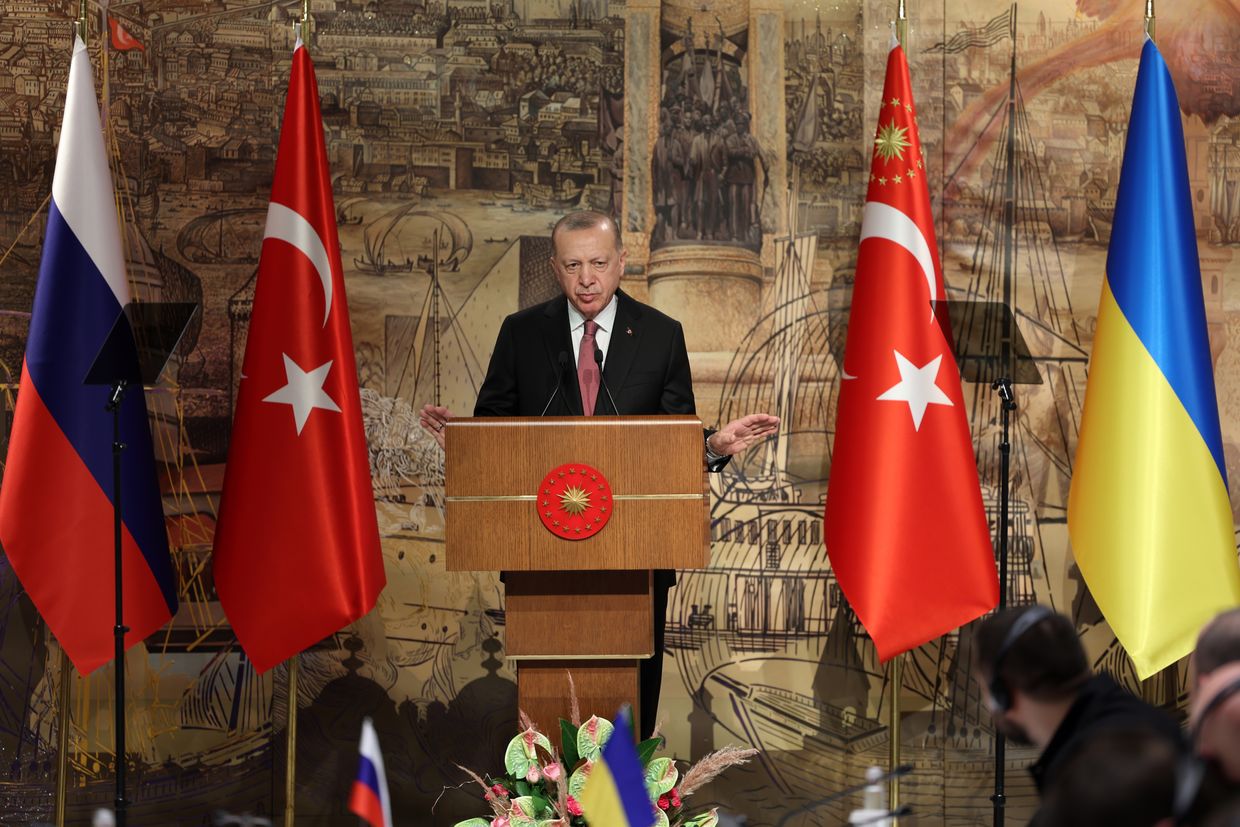EU sees no threat to Hungary, Slovakia due to Ukraine's Lukoil sanctions so far

The European Commission said on Aug. 1 that it is still investigating the situation with oil supplies to Hungary and Slovakia after Ukraine stopped the transit of Russian Lukoil oil, but it has not seen any impact as of now.
In June, Kyiv imposed sanctions blocking the transit of pipeline oil from Lukoil through its territory to cut off the Kremlin's source of income used to support its military. Kyiv's ban does not apply to other Russian oil exporters who still use the pipeline.
Hungary and Slovakia turned to the EU in July as Ukrainian sanctions effectively halted the supplies from the Russian Lukoil company to the two countries via the Druzhba pipeline.
Balazs Ujvari, the European Commission's spokesperson, said the body had contacted the governments of all three countries to clarify the circumstances.
The sanctions imposed by Ukraine against Lukoil do not affect the current transit of oil through the Druzhba pipeline, as Lukoil is not the official owner of this oil, Uzhvari said.
The European Commission services have preliminarily concluded that urgent consultations are not warranted at this stage, as there is no indication of an urgent risk to the security of supply, the spokesperson said.
Ujvari also added that the European Commission is still awaiting more detailed information from Budapest and Bratislava to confirm its conclusions.
Hungarian and Slovak officials complained that Kyiv was violating its association agreement with the EU and asked the European Commission to intervene.
EU ambassadors are not sympathetic to Budapest's and Bratislava's complaints, Politico reported on July 29, as the two countries did not reduce their dependency on Russian oil despite the ongoing war.
Ukraine's Prime Minister Denys Shmyhal denied on Aug. 1 that the ban on the transit of Russian Lukoil's oil through Ukrainian territory violates the EU-Ukraine Association Agreement, echoing the European Commission's statement.
Commenting on Hungary's and Slovakia's reaction to the ban on Lukoil's oil transit, Shmyhal called it "extremely politicized and manipulative."
Shmyhal said that Kyiv is open to cooperating with EU member states, particularly Hungary and Slovakia.
The prime minister also added that Ukraine is not the real threat to these countries' energy security but Russia, which "is trying to avoid fair sanctions through energy blackmail."














